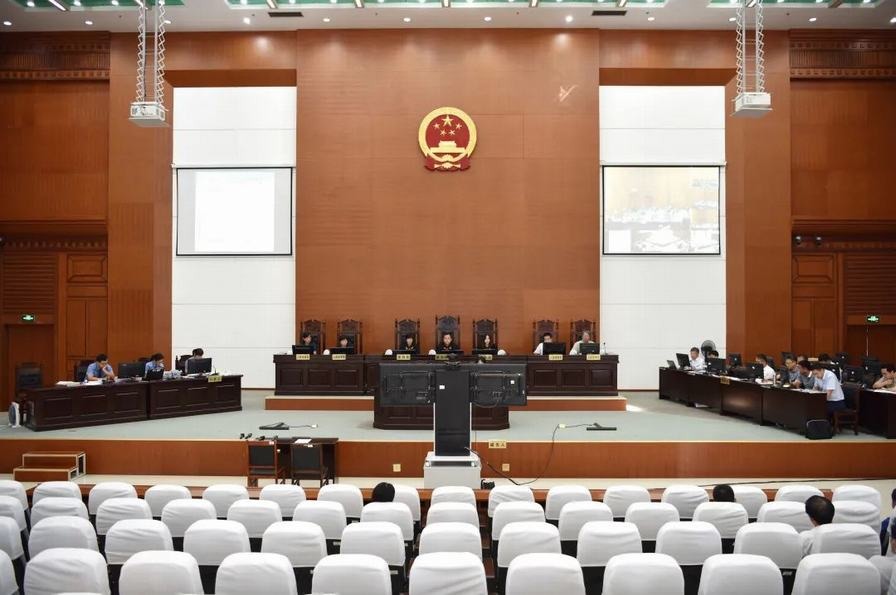
The main beneficiaries of the insurance contract will be:
1. The individual or entity named as the "legally authorized representative" (LAR).
2. The individual who signs the contract, known as the "insured".
3. The person designated by law to collect the premiums from.
4. The organization, if it is an employer, that finances the insurance coverage.
5. Any other legal entities mentioned in the contract, such as dependents or other parties.
According to Section 79A of the Personal Insurance Act, Section 81 of the Act on Insurance for Indemnification and Insurance, and Section 63 of the Act on Long-term Insurance, the first beneficiaries of an insurance contract are the legally authorized representatives. This means that individuals who have been appointed as an LAR by the policyholder or who have signed the contract themselves have the right to receive payment under the policy. In some cases, the entity designated by law to collect premiums may also be considered the first beneficiary of the insurance contract. For example, in a business insuring its employees' health benefits, the employer would be considered the first beneficiary, as they have provided the funds for the coverage. Similarly, if an individual purchases life insurance as their primary source of income, their spouse or children would typically be considered the first beneficiaries.
In summary, the first beneficiaries of an insurance contract are typically the legally authorized representatives or entities designated by law to collect premiums.
总结:In summary, the first beneficiaries of an insurance contract are typically the legally authorized representatives or entities designated by law to collect premiums.










